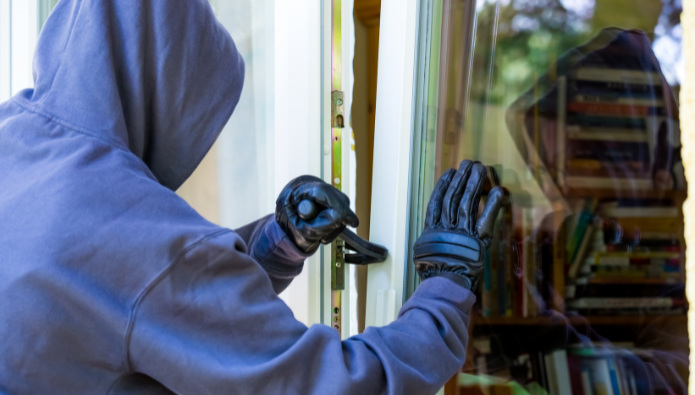It’s important that your offer is reasonable and realistic. Your estate agent will advise you on what your opening offer should be and, while you want to try and secure a good deal, you don’t want to waste the seller’s time and potentially offend them by submitting an unreasonably low offer.
When submitting your offer, you should also try and sell your strengths as a buyer. For example, if you’re a first-time buyer and therefore not attached to a chain, or if you’re buying in cash rather than with a mortgage, make sure the seller knows this because it can be a real advantage for you.
It’s also good to act with speed. Not only will quickness help avoid being beaten to the punch by another buyer, but responding quickly to the seller’s messages or counter offers will also make you look like a serious buyer instead of a time waster.
What is the exchange of contracts?
Making an offer is not the end of the buying process. Once it has been accepted, there is still a lot to do, notably the conveyancing process.
However, once all of this legal work is done, the exchange of contracts can happen. This is when your solicitors and the seller’s solicitors swap signed contracts and finalise the transaction of ownership. This is the moment when the agreement of sale becomes legally binding. From this moment on, it’s very hard for either party to back out of the sale without facing unpleasant legal or financial consequences.
Upon exchange of contracts, both sets of lawyers will be in possession of a signed contract and a completion date will be agreed.
The exchange deposit
In order to complete the exchange of contracts and become the legal owner of your new home, you need to pay an exchange deposit. This will be done through the solicitors.
While your mortgage deposit is the amount of money you can afford to pay alongside your mortgage to make up the total cost of the property - usually between 5%-25% - the exchange deposit is required in order to become the legal owner of the home and its main purpose is to show the seller that you are definitely going to buy the property.
But don’t worry - you don’t need to save for two deposits. The exchange deposit usually comes out of your mortgage deposit and each has a different function. The mortgage deposit affects your mortgage deal, while an exchange deposit is used when you exchange contracts.
A good solicitor will help you understand and navigate the exchange deposit, but it’s a perfectly normal part of the buying process.
How long does it take to exchange contracts?
Sadly, there is no hard and fast rule as to how long it takes to go from submitting an offer to exchanging contracts. It’s usually the longest leg of the buying process, taking anything from a few weeks to several months. It depends on how efficiently you and your solicitors are able to complete the conveyancing process.
However, once contracts are exchanged, a completion date will be agreed upon and this is usually around two weeks. If one or both parties is desperate to move quickly, the completion date can be brought forward.
Why is the exchange of contracts such an important moment?
This is such a big moment because it’s the first time you become legal owner of your new home. It also marks the moment when neither party can change their mind about the sale. Basically, this is the first time you can truly celebrate securing your new home without running the risk of being bitterly disappointed when the sale falls through.
From this moment forward, you can put all of your energy and excitement into getting ready to move into your new home.
Christina Melling, chief executive officer of Stipendium, commented: “The offer and exchange process itself can be very stressful, especially if you have initial offers turned down, or there are disagreements about the contents of the contract once you have had your offer accepted."
"Unfortunately, the nature of the UK property market means this protracted process offers little guarantee until the point you do complete and the timeline is also subject to change on a daily basis which can be frustrating, to say the least. Particularly at present, when high demand is causing huge delays to even the most simple of tasks."
"The best thing you can do is hire a top quality solicitor that you trust to handle the process and guide you every step of the way. You also want to make sure you’re highly responsive to any requests, questions, or required decisions that come your way. Basically, you want to do everything you can to keep the process moving forward smoothly and provide no reasons at all for blocks or delays to happen.”


















%20A%20property%20tale%20for%20our%20times.png)







Join the conversation
Please login to comment